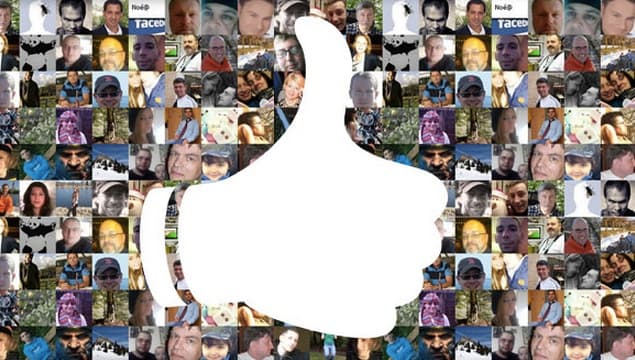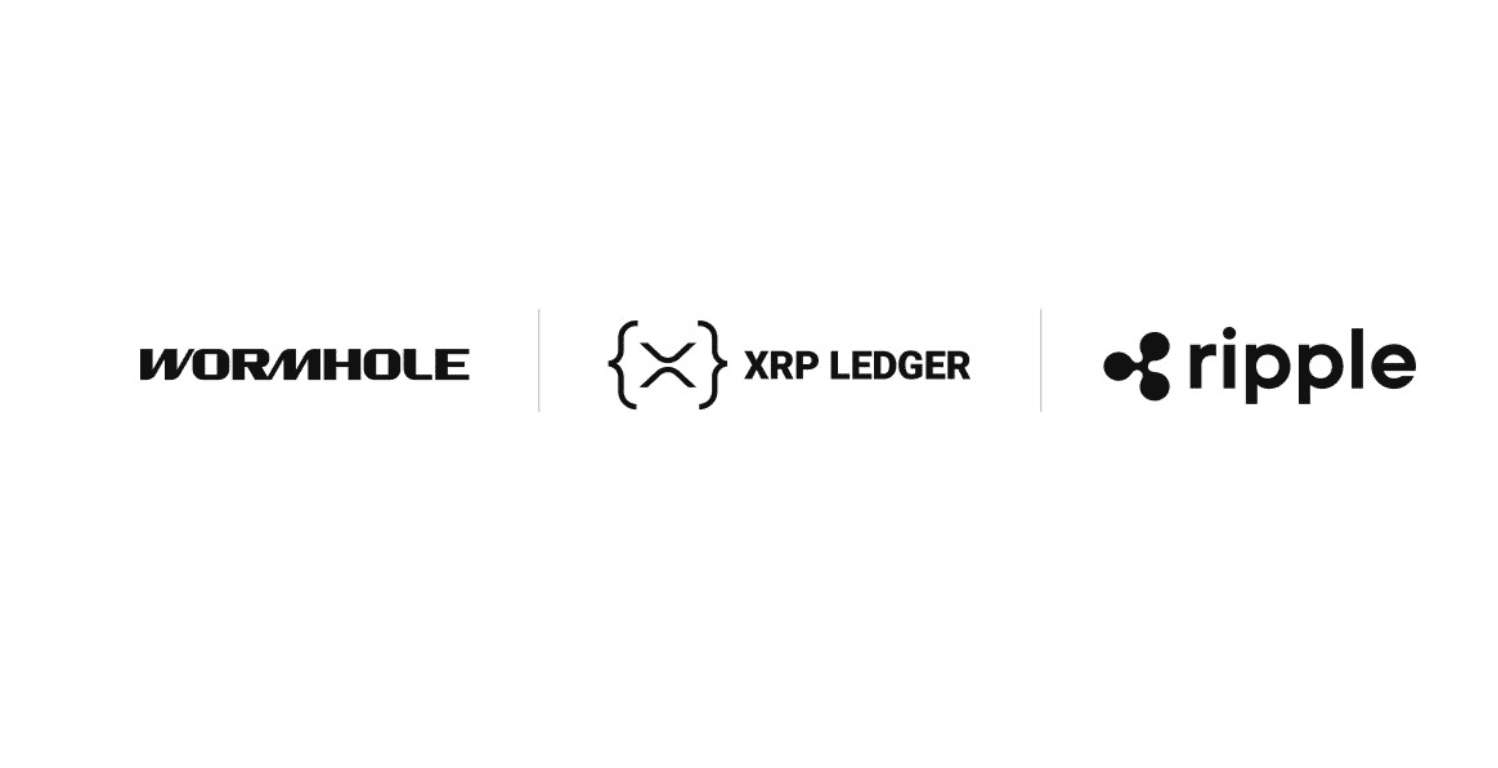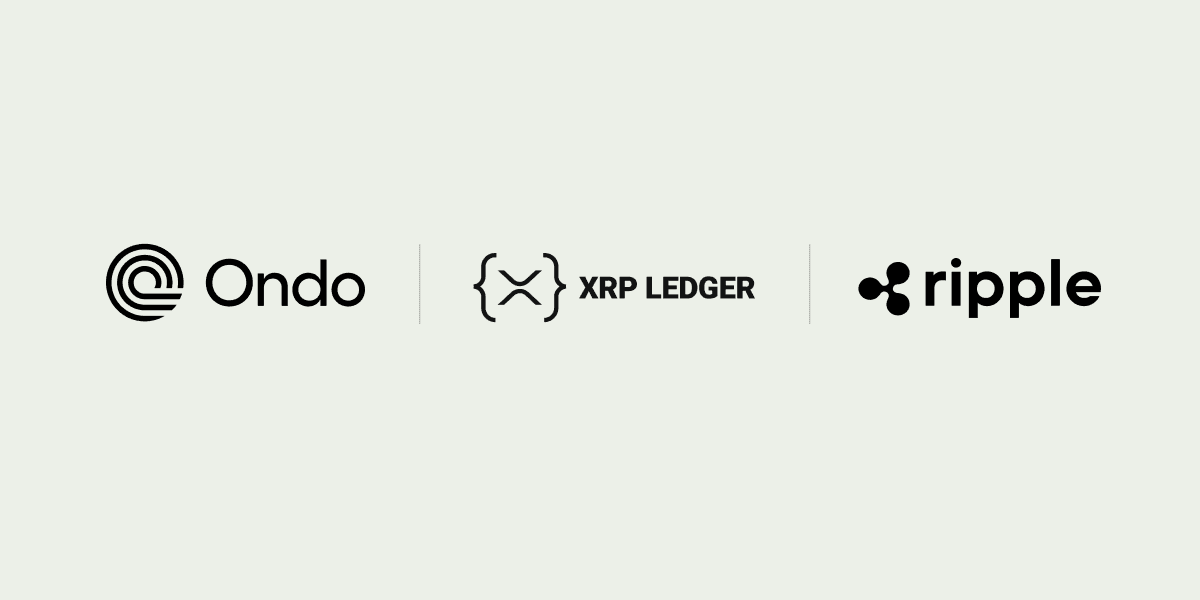Ripple Labs reached a major milestone earlier this month with the announcement that Fidor Bank is integrating the Ripple protocol, making the German bank the first financial institutions to officially implement decentralized payment technologies into their operations.
Here at Ripple Labs, we believe that building these bridges with financial institutions is fundamental to the success of the protocol. Underlying this strategy is the spirit of inclusion. We aim to work together with all parties—from banks to regulators to entrepreneurs. Rather than disrupt existing systems, these emerging innovations augment what we already have by improving efficiency, evolve products and services, and expand reach to new markets.
This philosophy is hard-coded into the protocol itself. The world of payments is frustratingly fragmented. The more connections Ripple makes, the more empowering the ecosystem becomes. Our partnership with Fidor is the first realization of these ongoing efforts—and certainly not the last.
Given the industry’s understandably cautious approach, it’s clear that Fidor isn’t just another bank—named the “Most Innovative Bank 2013” in Germany by International Finance Magazine. To get a sense of their vision, we spoke with Fidor executive Michael Maier.
Fidor is often considered one of the most innovative banks in the world, can you talk a bit about the bank's philosophy, what makes Fidor different, and where it would like to go in the future?
Being established after the financial crisis in 2009, a new bank has to differentiate massively from other banks and their behavior. Also, the digital word is spreading more and more and banking needs to be a part of it. Therefore innovation to meet the needs and wants of the “digital natives” as our target group is a must. Where this innovation starts at Fidor is at the POC (point of customer) and not at the point of bank. Customer-centric thinking and consequently following that also within the design of processes and products make us innovative. We strongly believe that technology drives the service offer of a bank of the future. Digital and tech is global—therefore we offer digital banking not only in Germany but also in other countries and with partners worldwide.
Fidor doesn't "look" like a regular bank. It doesn't have physical branches and only exists online. How have customers responded to this change?
Our target group is the Digital Natives, who learned to live digital. Do Facebook or Amazon have branches? Different segments mean different needs and wants. So not a change for the Digital Natives—they want to have the same experience in banking as they’ve had for years shopping at Amazon, sharing on Facebook.
And along those lines, how will our perceptions of bank and finance evolve in the future as banking goes digital?
When life becomes more digital, banking has to become more digital as well. Not all in life will be digital, so not everything in banking will be digital. But again, banking has to be there where the customer needs it. Banks should be able to grant a loan on a Sunday and credit the customer account—on whichever device.
Between Ripple and Kraken (and numerous other examples), Fidor has been very open to new ways of doing things. Why do you think the industry in general hasn't been as enthusiastic in adopting new technologies?
Honest answer: traditional banks are still busy coping with the crisis on the one hand. On the other hand, banks are on pretty old technological stacks, which are not only difficult but also very expensive to change. Open API structures—as new technologies often demand—therefore are hard to integrate. But the recent acquisition of SIMPLE (congrats to Shamir and all at SIMPLE) shows that banks realized that they need to do something….
Why did Fidor choose Ripple? How does this integration benefit Fidor and its customers? What sort of new products and services can Fidor offer using Ripple?
Ripple for us is a very innovative payment protocol which enables digital payment services globally. Digital customers are global as well. So bring together what belongs together. Therefore we will introduce our customers to use Ripple for fast, easy and reasonably priced money transfers in the first stage.
As a newcomer in the banking industry, what are the biggest ongoing challenges?
Always stay innovative, always be hungry, and of course fulfill all regulatory requirements. Still our belief is that regulation is something which could even help in the digital world because a trusted third party is important. Trust is also one of the main drivers for Ripple…
Photo: Fidor Bank
Fidor: Building the Bank of Tomorrow With Ripple
Team Ripple
May 22, 2014
Payments







